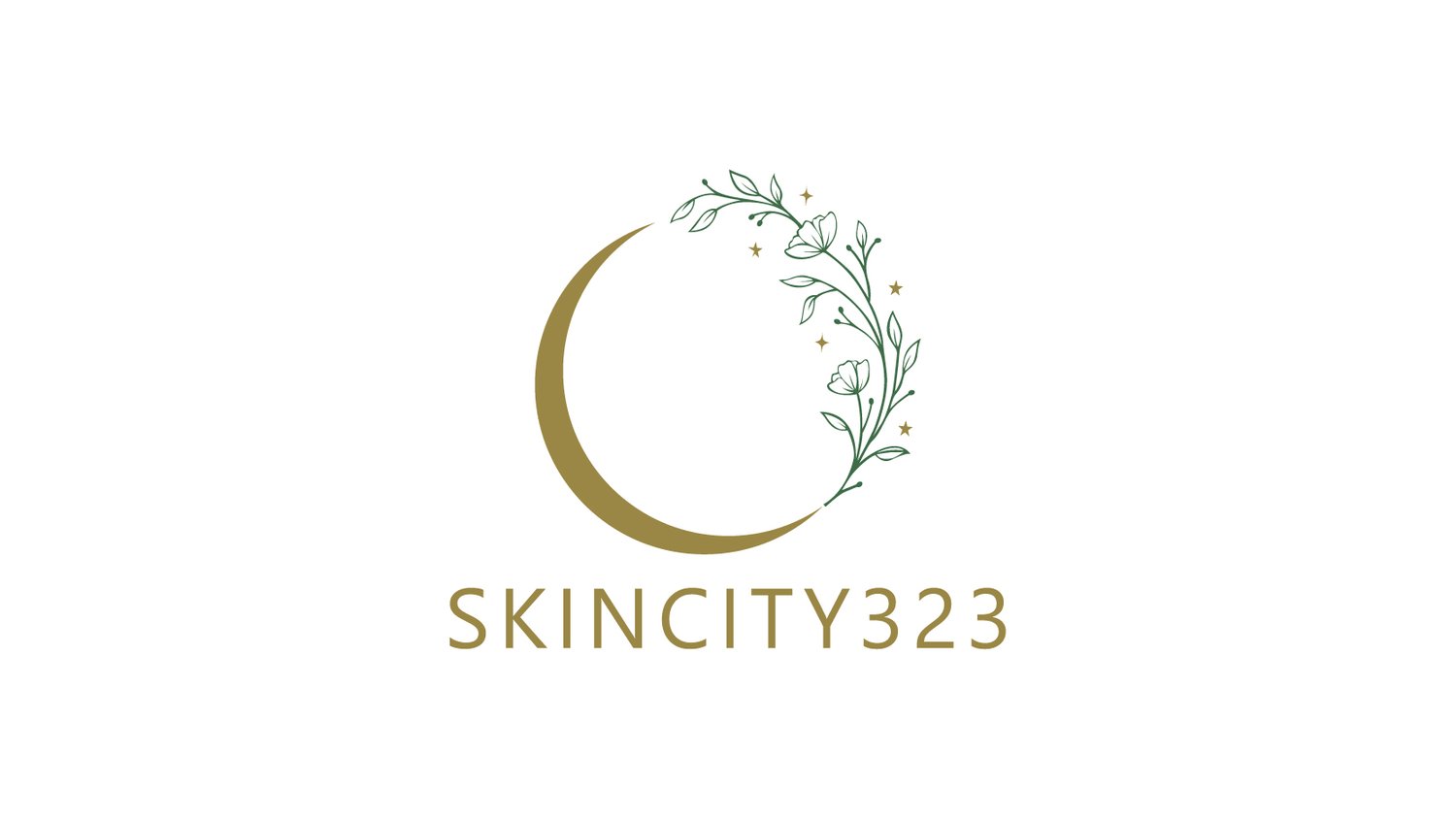WHAT IS A CHEMICAL PEEL?
A chemical peel is a technique which involves the application of a variety of chemical solutions to remove the damaged outer layers of dead skin cells from the skin’s surface. It is extremely beneficial for many skin conditions such as hyperpigmentation, rosacea, acne, sun damage, and photo aging. By removing the build-up of dead skin cells and stimulating the regenerative process, you will notice marked improvements in the formation of wrinkles and fine lines, texture and tone of the skin, hydration, reduced pore size, clearing of blemishes and more balanced oil production and an overall healthier skin appearance.
WHAT ARE THE DIFFERENT TYPES OF PEELS?
All our treatment procedures are considered superficial; they do not penetrate beyond the epidermis or papillary dermis. They are not to be confused with medical or physician-strength peels that affect the reticular dermis.
- PROGRESSIVE: This refers to a treatment that does not usually cause immediate exfoliation and only removes the outer layer of skin or the stratum corneum. As treatments are repeated, the skin will experience a mild sloughing.
- MID-DEPTH: These peels affect the intra-epidermal layer, and exfoliation occurs within two to three days after application. The skin goes through very little down time. Peeling consists of light flaking similar to a sunburn peel.
- DEEP: These peels affect the deepest intra-epidermal layers. The skin becomes brown and crusty then undergoes considerable peeling, which occurs three to four days after application. The skin peels in large segments as opposed to flaking. The entire process takes about seven to ten days.
POST CARE
There are specific instructions to be followed after your skin peel – this is as important as the peel itself. Post care will include occlusive healing balms, epidermal growth factor (cell renewal and wound repair), calming, soothing topicals to reduce itching and inflammation, and always sun screen! ASK YOUR ESTHETICIAN ABOUT OUR POST-CARE KITS!
When the skin peel is completed and your professional has determined the skin is healed, daily skin care is essential. The most important part of a home care routine is a cleanser and a sunblock. Next in importance is a supportive cell rejuvenator. These are the basics. Your esthetician may recommend specialty products, such as pumice and buffing washes, antioxidants, eye serums, nighttime moisturizers, AHAs, ascorbic acid, retinol, enzymes, masks, and topical correctives may be added to enhance and maintain results.

